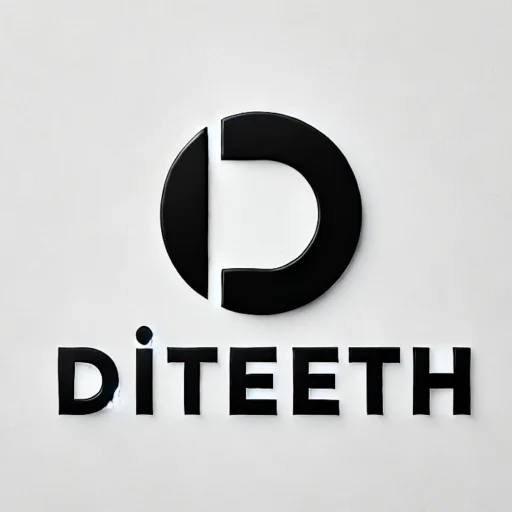Optimizing product images is crucial for improving website performance, SEO rankings, and customer experience. Here’s a step-by-step guide:
1. Choose the Right File Format
- WebP – Best for small file sizes while maintaining high quality.
- JPEG – Good for product photos with complex colors.
- PNG – Best for images that need transparency.
- AVIF – More efficient than WebP but less supported.
2. Resize Images to Fit Display Needs
- Avoid using large, high-resolution images unnecessarily.
- Use multiple image sizes (
srcset) for responsive design. - Ideal sizes:
- Thumbnail: 150x150px
- Product Page: 800x800px or 1000x1000px
- Zoomed Image: 1600x1600px+
3. Compress Images Without Losing Quality
- Lossless Compression – Reduces file size while keeping full quality (e.g., TinyPNG, ImageOptim).
- Lossy Compression – Further reduces size by removing some details (good for WebP/JPEG).
- Automation Tools: Use online tools or plugins (ShortPixel, Imagify, TinyPNG).
4. Optimize for SEO
- Rename files descriptively with keywords (e.g., “black-leather-wallet.jpg” instead of “IMG12345.jpg”).
- Add alt text for accessibility and SEO (e.g., “Men’s black leather wallet with card slots”).
5. Implement Lazy Loading
- Load images only when they appear in the viewport using
loading="lazy". - Reduces initial page load time.
6. Use a Content Delivery Network (CDN)
- Deliver images faster by using a CDN (e.g., Cloudflare, Fastly, or Shopify’s built-in CDN).
7. Enable Browser Caching
- Set expiration headers so browsers store images instead of reloading them every visit.
8. Use Image Optimization Plugins (for Shopify, WooCommerce, etc.)
- Shopify: TinyIMG, Crush.pics
- WordPress: Smush, ShortPixel, Imagify
- Magento: Image Optimizer, WebP for Magento
9. Test Performance
- Use Google PageSpeed Insights, GTmetrix, or Lighthouse to analyze and improve image loading.
